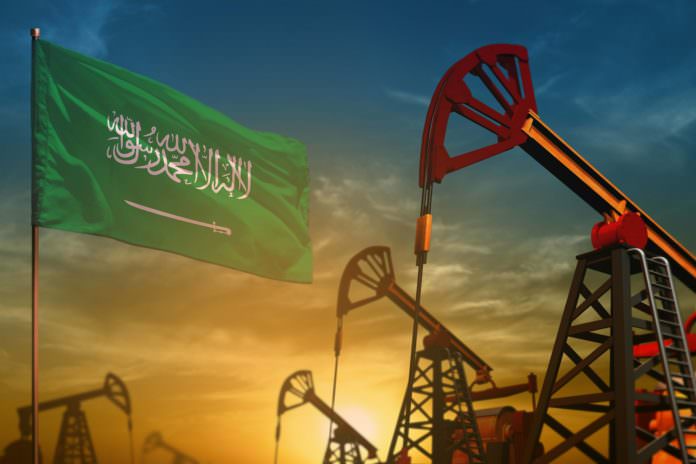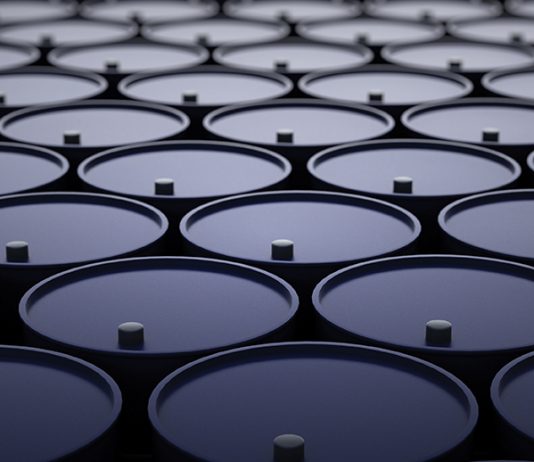
10 Things You Should Know About Oil and Gas Today
The Big Story
In a piece at Reuters today, U.S. Energy Secretary Dan Brouillette says that DOE expects domestic oil producers to reduce overall production by 2 to 3 million barrels of oil per day by the end of 2020.
That would actually appear to be a low-ball estimate given the results of a Reuters survey that indicates that larger producers are already on pace to cut 1.7 million bopd by the end of June. This and other anecdotal information we have seen in recent weeks – like yesterday’s LOGA survey that indicates that half of that state’s producers are on the verge of declaring bankruptcy – along with the steep decline rates of shale wells, would indicate that U.S. crude production could drop by as much as 4 to 5 million bopd by Q4 2020.
It is truly carnage out there right now, folks, and analysts continue to have a hard time recognizing the true scope and scale of what is taking place. Sadly, policymakers are also having a hard time wrapping their minds around it, and their failure to act early on to stem this tide in any effective way will serve to leave the industry in far worse shape than they can imagine right now.
This is bad. Very bad.
On to other topics:
Sergio Chapa has a piece in today’s Houston Chronicle warning oil companies about a rash of people impersonating Railroad Commission inspectors. I’m not kidding. Excerpt:
The Railroad Commission, the Texas Oil & Gas Association and the Texas Independent Producers & Royalty Owners Association have issued warnings to oil companies and landowers this week following a pair of incidents in West Texas involving people claiming to be inspectors.
A motive was not clear but TIPRO reported in one case that a person claiming to be an inspector told an oil company operating in the Permian Basin to immediate shutdown operations until further notice. In the other case, a surveyor who did not have permission to be on a property told a landowner that he was an inspector.
“Nefarious activity in the oil patch is on the rise, including an increase in oil and equipment theft,” TIPRO President Ed Lonanecker said. “All operators should be on alert of suspicious activity and stay in close communication with district offices to verify agency activity and for coordination with law enforcement.”
You just can’t make this stuff up, folks. Life in the oil patch.
Ohhhhh, this is not good: LNG Buyers Cancel Cargoes as US Natgas Becomes Most Expensive in World.
I suspect this headline is correct, but I have to admit that I have been wrong before: Markets are getting too excited about the oil price rally too soon, analysts warn.
Sergio Chapa is a busy man. He has another piece in today’s Chronicle about a big pipeline deal being cut. Excerpt:
Oklahoma pipeline operator Williams has landed a deal to haul natural gas from an offshore project being developed by Chevron and French oil major Total in the Gulf of Mexico.
Financial terms were not disclosed but under the deal, Williams will develop a pipeline an underwater pipeline to move the natural gas from Chevron and Total’s deepwater Anchor project about 140 miles off the coast of Louisiana.
With the Anchor project expected to be online by 2024, the underwater pipeline being developed by Williams will connect to the Discovery System, a 477-mile network of underwater pipelines that feed a pair of natural gas and natural gas liquids processing plants in Paradis, Louisana. Williams owns 60 percent of the Discovery System and is the operator while Denver pipeline company DCP Midstream owns a 40 percent stake.
Big oil leaders debate the prospects for oil demand fully returning to previous levels once this virus has run its course. The consensus seems to be that that is unlikely to happen for a variety of reasons.
Meanwhile, President Trump had a call with Vladimir Putin last night to talk about oil and other things. Excerpt:
The White House said Trump spoke with Putin “to commemorate and reflect upon the 75th anniversary of Victory in Europe Day.”
The Kremlin noted in its readout of the call that the two leaders exchanged greetings ahead of the 75th anniversary of the Nazi defeat in World War II, emphasizing “the historic significance of the WWII alliance between our peoples that allowed (us) to defeat the common enemy.”
It said that if Russia and the U.S. follow the spirit of their wartime alliance they could score successes in dealing with such issues as ensuring strategic stability, fighting terrorism, settling regional conflicts and combating epidemics.
A good piece here about ongoing operations by ExxonMobil and Apache Corp. in Guyana and Suriname, respectively. Excerpt:
While production in the U.S. shale plays has started to decline in response to the low oil prices, development plans for the major offshore oil discoveries in Guyana and Suriname remain unchanged, with operators reiterating their pre-crash plans in the Q1 earnings releases.
The price crash has upended production plans across the U.S. shale patch, but Guyana and Suriname were spared the ax, as independent energy analyst and consultant David Blackmon writes for Forbes.
Long-Term Potential in Offshore Oil Projects
These operators continue to view the oil discoveries offshore Guyana and Suriname as high-quality resources that deserve the full attention and financing even as oil prices are sitting below $30 a barrel. Abundant quality offshore resources could pump oil for decades, compared to a year or two of the wells in the U.S. shale patch, which are much cheaper and faster to design, drill, and develop, but which deplete much quicker than large offshore reservoirs.
For this reason, it shouldn’t come as a surprise that Exxon said at the earnings call last week that it would be cutting production in the Permian, yet going full-steam ahead with the developments in Guyana.
That’s all for today.
















